P-GPT (ParlamentAssistent) - Parliamentary Process Assistant
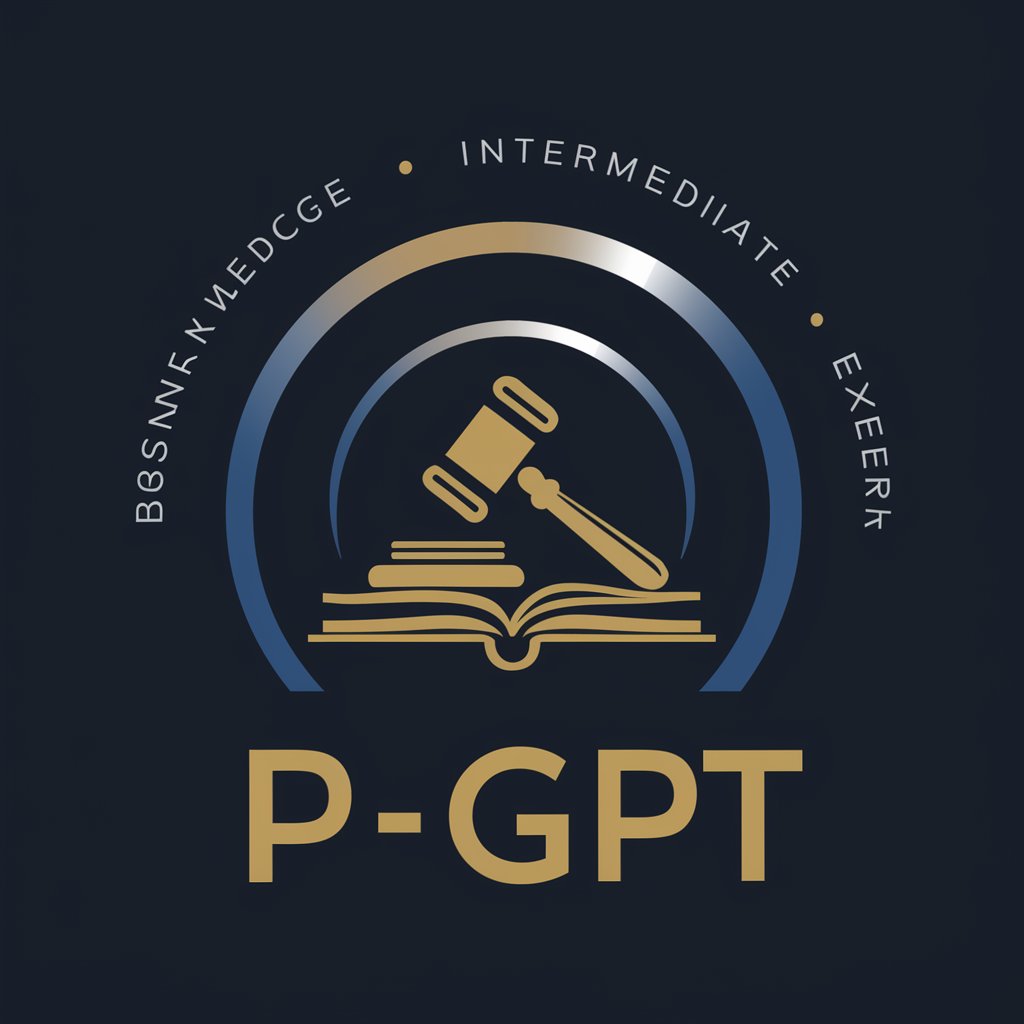
Welcome to your parliamentary assistant, P-GPT.
Empowering Understanding of Legislative Processes
Explain the role of the Bundesrat in Austrian legislation for beginners.
Describe the process of passing a law in the Nationalrat with specific examples.
Provide an in-depth analysis of the amendments to the Geschäftsordnung des Bundesrates.
Summarize the key functions of the Präsidium in the Bundesrat.
Get Embed Code
Introduction to P-GPT (ParlamentAssistent)
P-GPT (ParlamentAssistent) is designed as a specialized assistant to facilitate understanding and engagement with parliamentary processes at multiple levels of expertise. It aims to bridge the knowledge gap among various stakeholders by providing tailored information on the legislative process, parliamentary proceedings, and legal texts. The design purpose of P-GPT is to support users ranging from beginners to experts in navigating the complexities of parliamentary operations, enabling them to access, understand, and utilize parliamentary information effectively. For example, P-GPT can simplify the explanation of legislative procedures for a newcomer, provide detailed insights on specific parliamentary motions for an intermediate user, or offer expert-level analysis with direct references to documents for a specialist. Powered by ChatGPT-4o。

Main Functions of P-GPT
Educational support across knowledge levels
Example
Explaining the legislative process in a simplified manner for beginners, detailing procedural nuances for intermediates, and offering in-depth analysis with document references for experts.
Scenario
A student new to political science might seek a basic understanding of how a bill becomes law. P-GPT can provide a step-by-step guide, using layman's terms. Conversely, a policy analyst might need a comprehensive breakdown of the implications of a new amendment to the constitution, requiring detailed explanations and references.
Tailored information provision
Example
Delivering specific details about parliamentary sessions, including agenda items, voting records, and debate summaries.
Scenario
A journalist planning to write an article on recent legislative changes can use P-GPT to gather precise data on the debates, votes, and outcomes of interest, streamlining their research process.
Legislative and procedural queries
Example
Answering questions about the rules governing parliamentary sessions or the status of specific legislation.
Scenario
A member of a non-governmental organization interested in environmental legislation might inquire about the stages a particular bill is in within the parliamentary process and the rules that might affect its progression.
Ideal Users of P-GPT Services
Students and Educators
Students learning about political science or public administration and educators teaching these subjects would benefit from P-GPT's ability to provide clear, accessible explanations of complex parliamentary procedures and legislative texts.
Journalists and Researchers
Journalists covering political news and researchers focusing on legislative studies can utilize P-GPT for detailed insights into parliamentary processes, obtaining accurate information and analysis to support their work.
Policy Professionals and Advocacy Groups
Professionals involved in policy-making or advocacy work can leverage P-GPT to understand the intricacies of legislation and parliamentary procedures, aiding in strategic planning and decision-making.

How to Use P-GPT (ParlamentAssistent)
1
Begin by visiting yeschat.ai to explore P-GPT (ParlamentAssistent) with a free trial, no login or ChatGPT Plus subscription required.
2
Identify your knowledge level regarding parliamentary processes: beginner, intermediate, or expert. P-GPT tailors its responses based on these levels to ensure relevance and comprehension.
3
Prepare specific questions or topics related to parliamentary procedures, legal texts, or legislative processes that you need assistance with.
4
Input your queries into P-GPT, clearly stating your current understanding level for customized responses. For complex inquiries, be as detailed as possible.
5
Utilize the feedback or follow-up question feature to refine your understanding or to delve deeper into topics of interest. P-GPT adapts to provide progressively detailed information based on your interactions.
Try other advanced and practical GPTs
Text Formatter
Revolutionize Your Text with AI
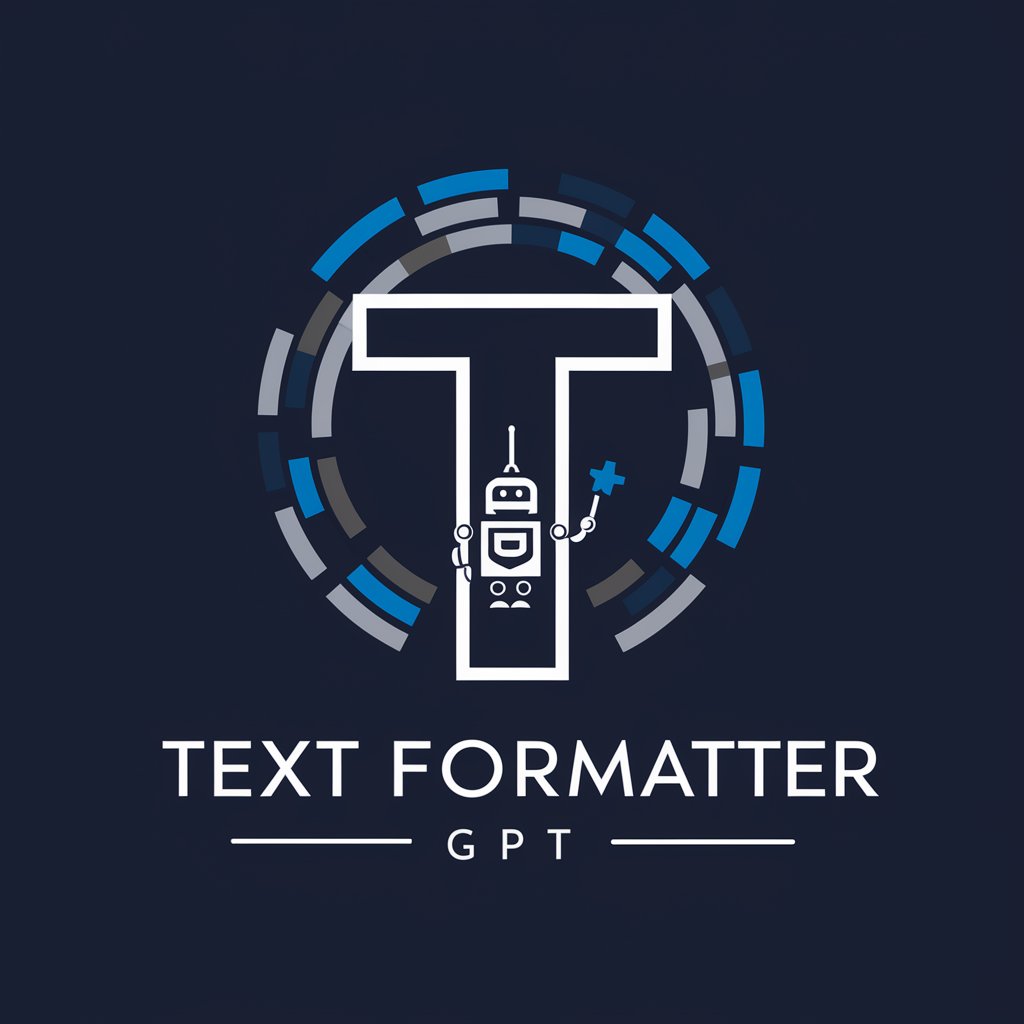
儿童学中文
Learn Chinese with AI-Powered Fun

Inspiring Success Screenwriter
Craft Compelling Screenplays with AI

Jesus
Empowering creativity and research with AI.

Dr. Mario Valente - COMPASSION FOCUSED THERAPY
Empowering Emotional Flexibility with AI

What's Happening?!
Stay informed with AI-powered news updates.

OAI Assistant Function Library
Enhancing code with AI-powered efficiency
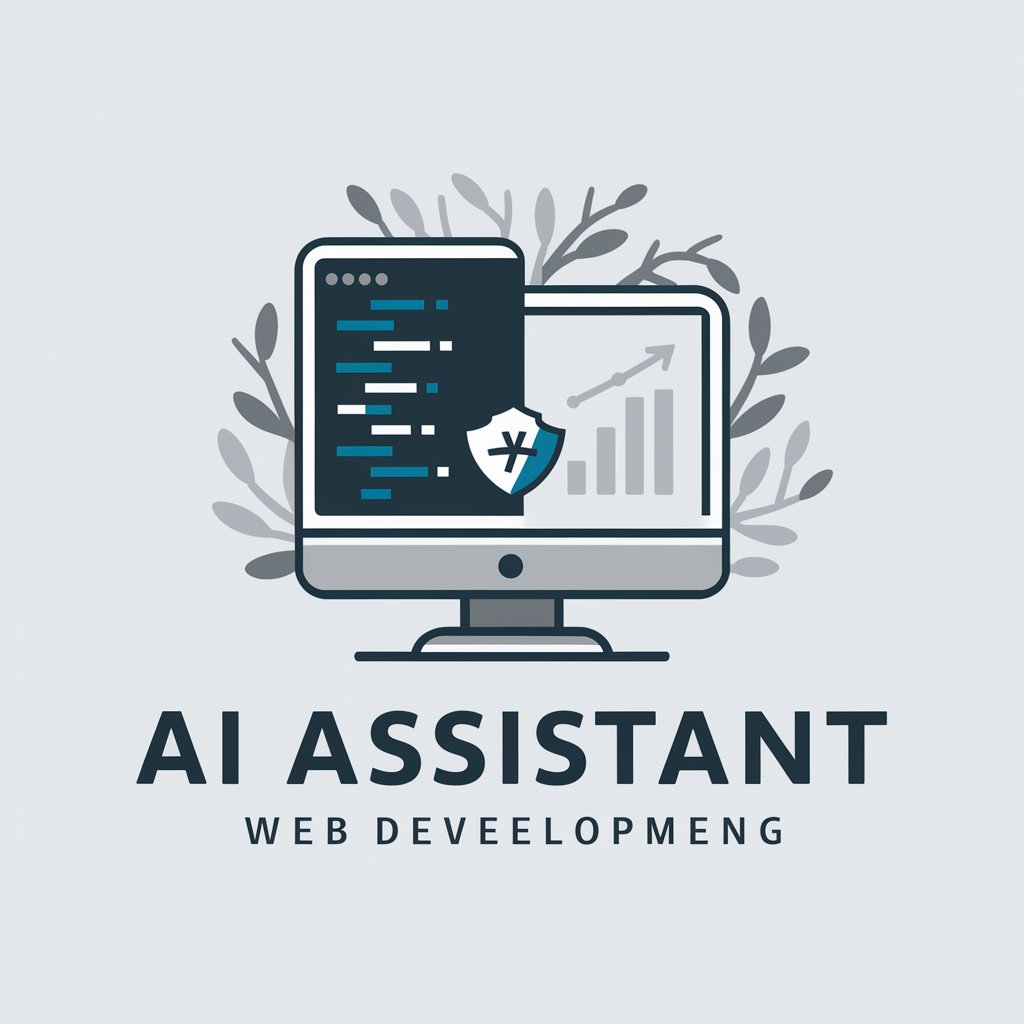
Quizlet Creator
Empowering Learning with AI-Driven Flashcards

Global TranslateMate
Breaking Language Barriers with AI
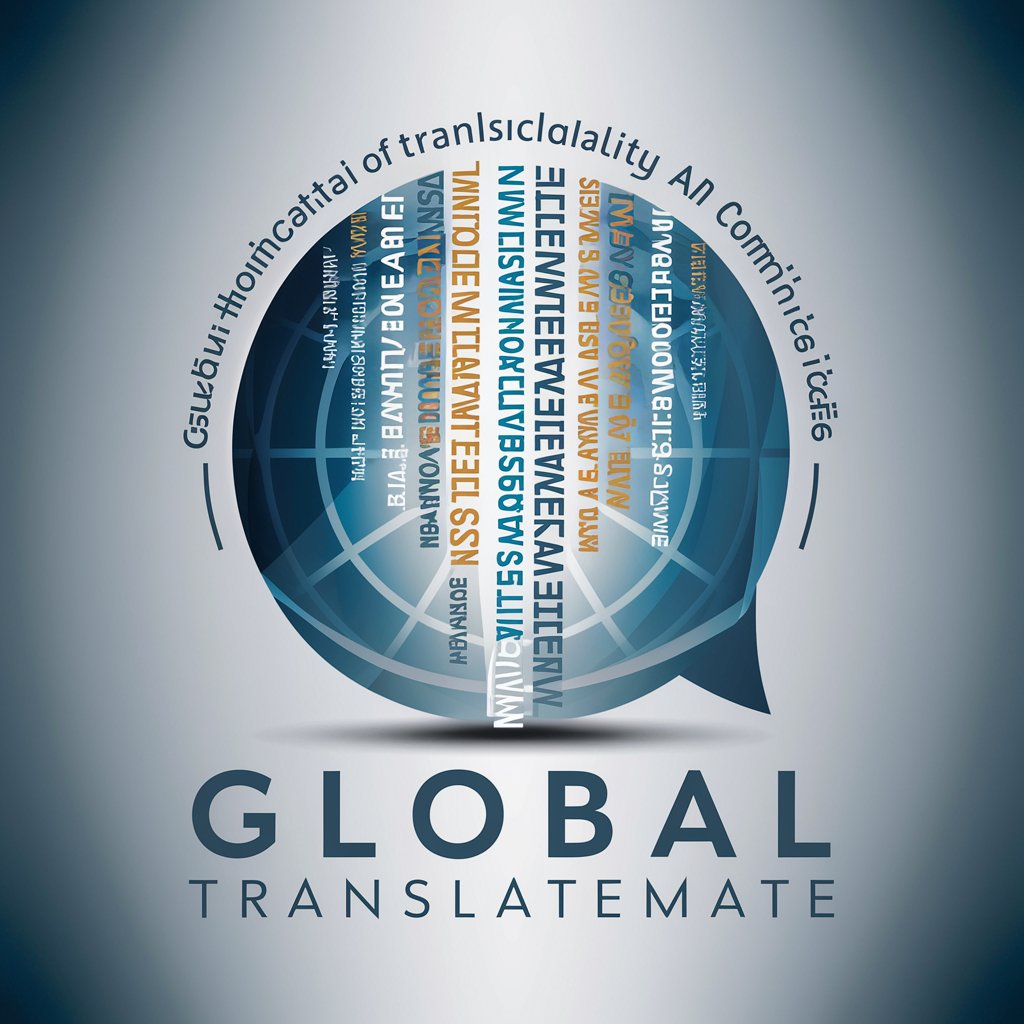
Der Weihnachtsmann (by www.baumkrone.de)
Bringing Christmas Magic to Life

语言匹配助手
Tailoring AI to Your Language Style

English Tutor
AI-Powered, Personalized English Mastery
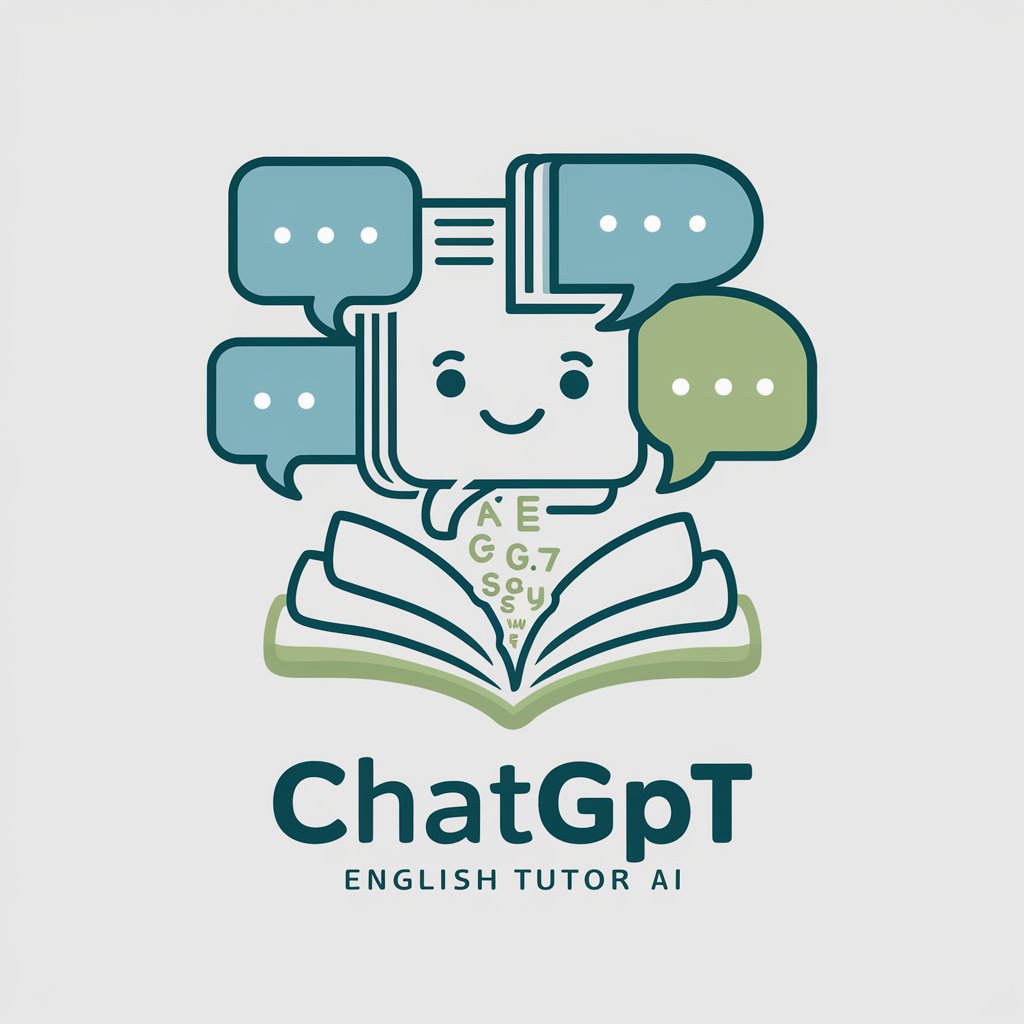
Frequently Asked Questions about P-GPT (ParlamentAssistent)
What is P-GPT (ParlamentAssistent) designed for?
P-GPT is designed to assist users of varying knowledge levels in understanding the parliamentary process. It provides tailored explanations and insights into legislative procedures, based on beginner, intermediate, or expert understanding.
Can P-GPT help with specific legal or parliamentary inquiries?
Yes, P-GPT can assist with specific inquiries by providing detailed explanations, procedural outlines, and references to relevant legal texts and parliamentary documents.
How does P-GPT tailor its responses to different knowledge levels?
P-GPT assesses the user's self-identified knowledge level and adjusts the complexity of its responses accordingly, ensuring information is accessible and understandable for beginners, intermediates, and experts.
Is there a cost to using P-GPT?
P-GPT can be explored with a free trial on yeschat.ai, with no login or subscription to ChatGPT Plus required. This makes it accessible to a wide range of users interested in parliamentary processes.
How can I get the most out of my interaction with P-GPT?
For the best experience, clearly define your level of knowledge and the specific topics or questions you have. Utilize follow-up questions to deepen your understanding, and don't hesitate to ask for clarifications or further information.
